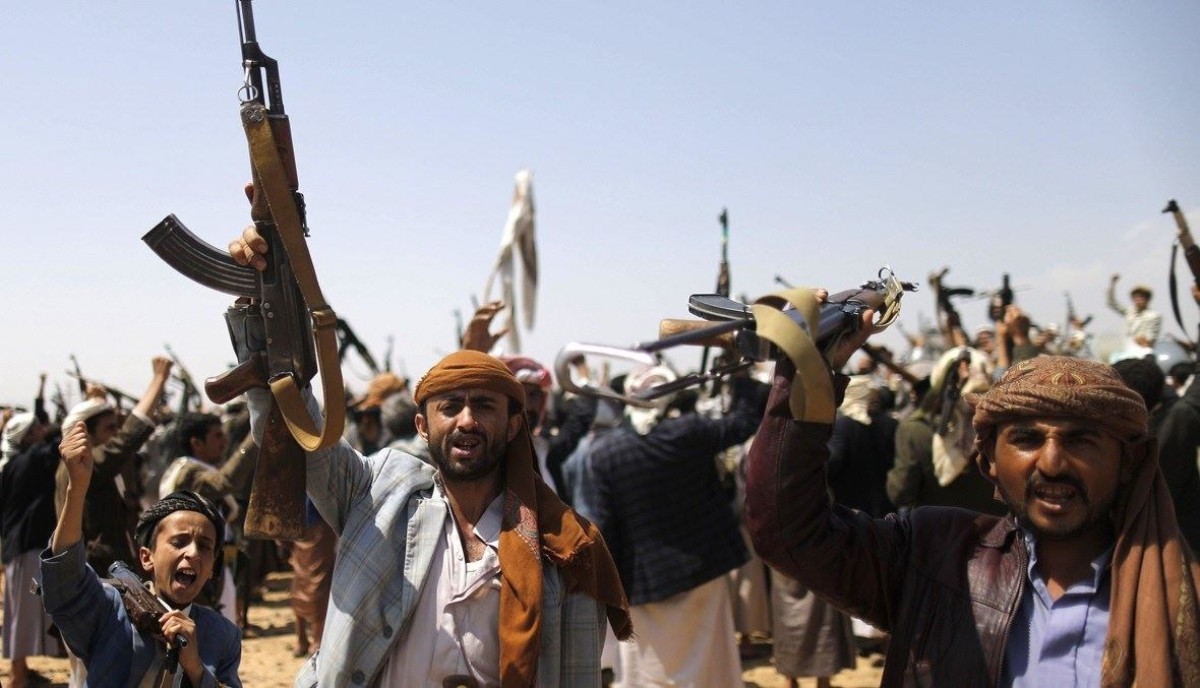All eyes are on Riyadh to announce the results of the Yemen negotiations


Attention is turning to the Saudi capital, Riyadh, where the results of the negotiations between the Iranian-backed Houthi group, the Saudi government, and the Yemeni government, with Omani mediation, are scheduled to be announced to find solutions to the Yemeni crisis.
The negotiations revolve around solutions to the economic situation, consolidating the truce, and paving the way for comprehensive political negotiations.
The last round of negotiations began at the beginning of the year when a Saudi team led by the Saudi ambassador to Yemen came and met with a number of militia leaders.
According to informed sources, the negotiations have witnessed progress on some files, but there are disagreements between the two parties on some issues, most notably the method of disbursing salaries, opening roads in Taiz, and lifting the siege on it.
The sources indicated that the Houthi group is raising the ceiling of its demands, taking advantage of everyone’s need for peace, ending the war, and reforming the economic and humanitarian situation.
The Houthi group had previously refused to open roads in Taiz, under the pretext that this would lead to the fall of the city of Taiz into the hands of the Yemeni government.
On the other hand, the Yemeni government confirms that opening roads in Taiz and lifting the siege on it are among its most important conditions for entering into comprehensive political negotiations, so that this reflects the group’s seriousness for peace.
The results of the negotiations are scheduled to be announced in Riyadh in the coming days, and there are no sources that confirm the truth of what is going on other than political speculation.
In turn, the Southern Transitional Council affirmed its welcome of Saudi Arabia’s call for peace negotiations, hoping that these negotiations would be comprehensive and fulfill the desire of the southerners.
**Analysis:**
The Yemeni negotiations appear to be at a critical stage, as the Houthi group seeks to achieve major political and economic gains, in exchange for few concessions on the part of the Yemeni government.
If the Houthi group continues to adhere to its demands, this may lead to faltering negotiations and the continuation of the war in Yemen.
But if the Yemeni government succeeds in pressuring the Houthi group and forcing it to make concessions, this may lead to progress in the negotiations and open the way to resolving the Yemeni crisis.
The Yemeni crisis is considered one of the longest and most complex crises in the world, and has caused great suffering to the Yemeni people.